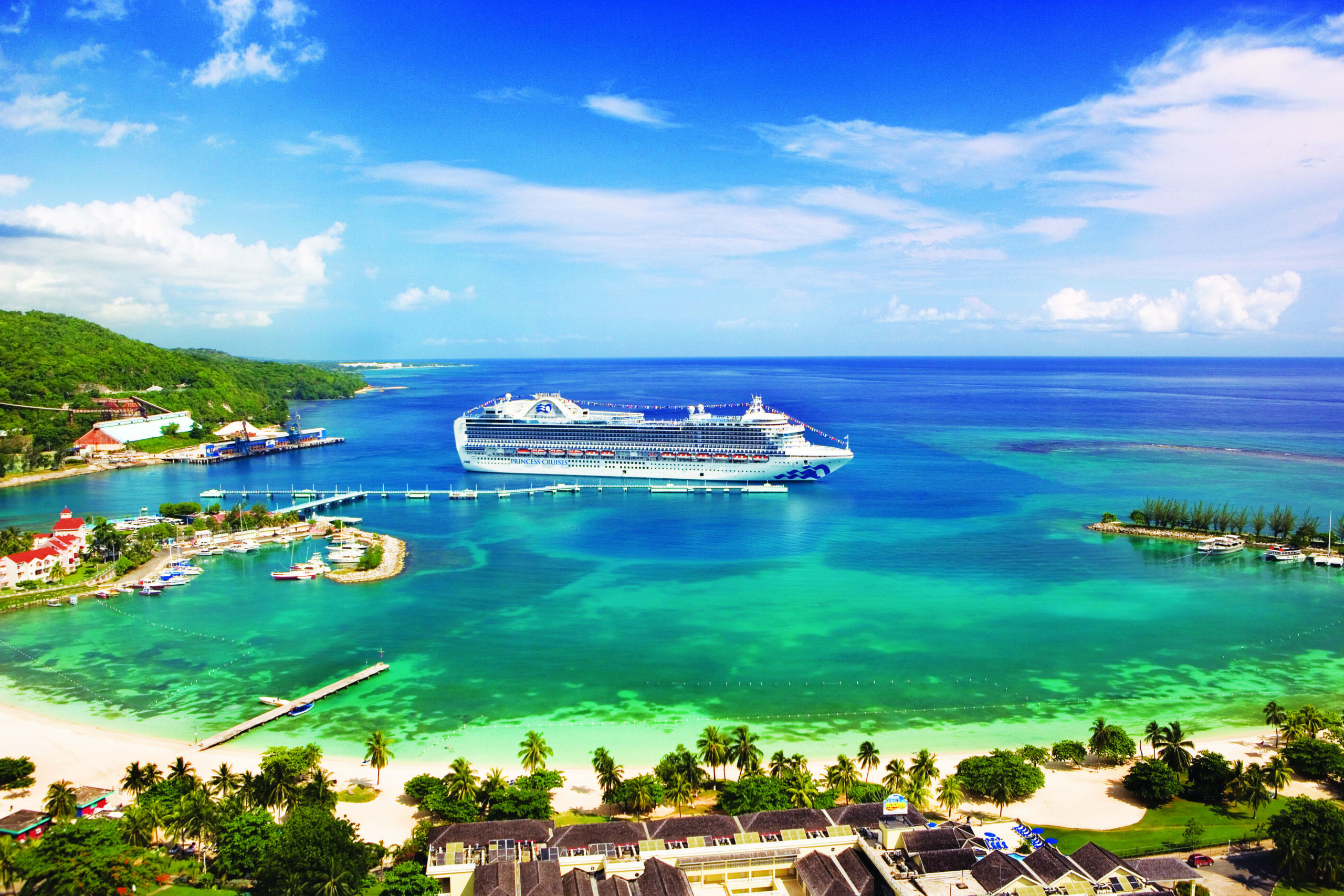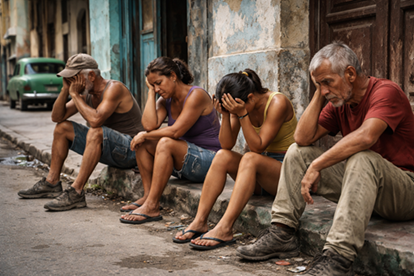
Heated debates regarding local communities being excluded from accessing beaches have been garnering much attention lately and highlight an urgent need for change. Despite social and environmental challenges, Jamaica still capitalizes on 3S tourism – sun, sea and sand. If Jamaica is to uphold the tenets of its Tourism Master Plan then sustainability must be at the forefront of tourism development. We must consider how the practice of excluding locals from our own beaches contributes to or indeed detracts from sustainable tourism. Much of our tourism industry is dominated by foreign investment which sees funds entering Jamaica in order to develop large resorts. Of course this activity generates much needed foreign exchange, creates employment and naturally facilitates the expansion of the tourism industry. Even with these benefits it is important to assess the extent to which the social, economic and environmental conditions of local populations can be enhanced through tourism.
Consider reports of a fishing community which had access to a public beach for years which then finds a wall erected excluding them from it as foreign investment facilitates development on that property. As all-inclusive hotels expand in these areas and begin to determine significant entry fees for access to a beach that was formerly available to locals, it begs the question, ‘to whom should economic rent accrue?’ The concept of economic rent allows for economic gains earned from the use of scarce resources, such as beautiful sandy beaches to benefit the rightful owners. Now here is the dilemma faced by local populations. That local community which had been using that beach consistently for years, should it not continue to have free rights to access? Still yet, if the Beach Control Act of 1956 expressly states that the ‘Foreshore and floor of the sea [are] declared to be vested in the Crown’ one can observe that this community’s expectations of complete rights to use could be challenged.
With this said, if our aim is for sustainable tourism then would there not be a vested interest in enhancing the socio-economic conditions of local people through tourism development? If the principles of the sustainable tourism are adopted and adhered to then surely we would see the socio-cultural authenticity of host communities being respected and preserved and they would gain a fair share of the economic benefits; we would seek to conserve their built and living cultural heritage and traditional values. Locals would also have the opportunity to not only share their concerns regarding tourism development but have these concerns fairly addressed prior to development. Weaver (2006) might argue that this option is preferable to any ‘risk of cross-cultural misunderstanding’. Weaver’s experience during a field trip with tourists in Antigua is one that perhaps we would prefer to avoid. He tells the story of a mature woman wielding a machete at tourists indicating that they should not cross a particular boundary as that area was not designated for tourists.
One of the challenges with implementing sustainable tourism is that the definition of the term itself is hotly contested. Even when a formal definition is agreed upon, stakeholders still differ in their views as to how to execute or achieve it. Some theorists suggest that with the influx of all-inclusive hotels and resort tourism there will eventually be a trickle-down effect that will see economic gains filtering to local communities. Further research would need to be done in order to assess to what extent this is actually occurring but close scrutiny of local communities tells its own story.



